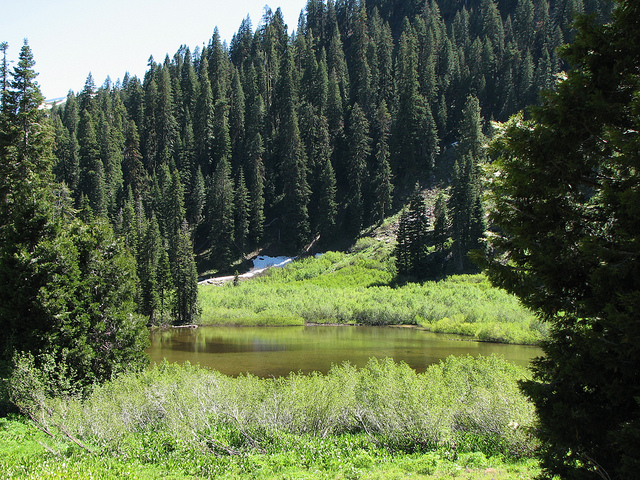5 Things You Didn't Bring on Your Hiking Trip That Might Come in Handy
Hikers usually have an extended list of equipment strategically packed for varied types of adventures. These people have favorite brands of backpacks, hiking boots and GPS systems. They usually pack lightweight gear; bring snacks and plenty of water. Hikers should also plan for the unexpected. Getting lost, becoming injured, or being stranded in the wilderness are circumstances that may occur. Often times people do not plan for possible emergencies. Appropriate attire, fire starting utensils and traveler's insurance are some of the items outdoors lovers do not always consider.
Footwear is an important part of proper outdoor clothing. Wearing the wrong socks, regardless of the brand or style of hiking boot, may result in blisters. Sock liners worn in conjunction with wool socks not only keep feet from freezing or overheating, but also reduce the amount of friction between the feet and outerwear. In the event of unexpected inclement weather, hikers might also wear wool socks on their hands as mittens. Some claim that wool socks keep feet warm even when wet, but hikers should always carry an extra pair in case footwear becomes saturated. Especially if outdoors for extended lengths of time, wet feet may contribute to frostbite or fungal infections.

Carrying disposable lighters or waterproof matches enables hikers to start a fire quickly. Fires provide a number of lifesaving purposes for those stranded in outdoor environments. Day or night, hikers might use fire to purify water or cook food. The heat fire produces keeps hikers from freezing and may serve to dry wet clothing. If spending the night in the wilderness, fire also helps deter wildlife from entering a campsite. As many rural locations have poor cell phone reception fire might also be used to signal for help. Traveler's insurance is something very few people think about having, but whether venturing 100 miles away from home or visiting foreign countries it can be a welcome safety net. Especially for those who do not have personal health insurance, traveler's insurance covers medical emergencies. Many policies also cover the cost of having to cancel a trip. Coverage often includes paying for lost or stolen items while on a vacation. Agencies carry policies lasting anywhere from one week to an entire year. Rates generally vary with the amount and extent of coverage.
A final small item that might come in handy in case of an emergency is a whistle. A whistle can be used to signal others in case one wanders away from hiking companions. The high pitched shrill noise produced travels over greater distances than yelling, so the device might be used to signal for help. Whistles also act as wildlife deterrents.

